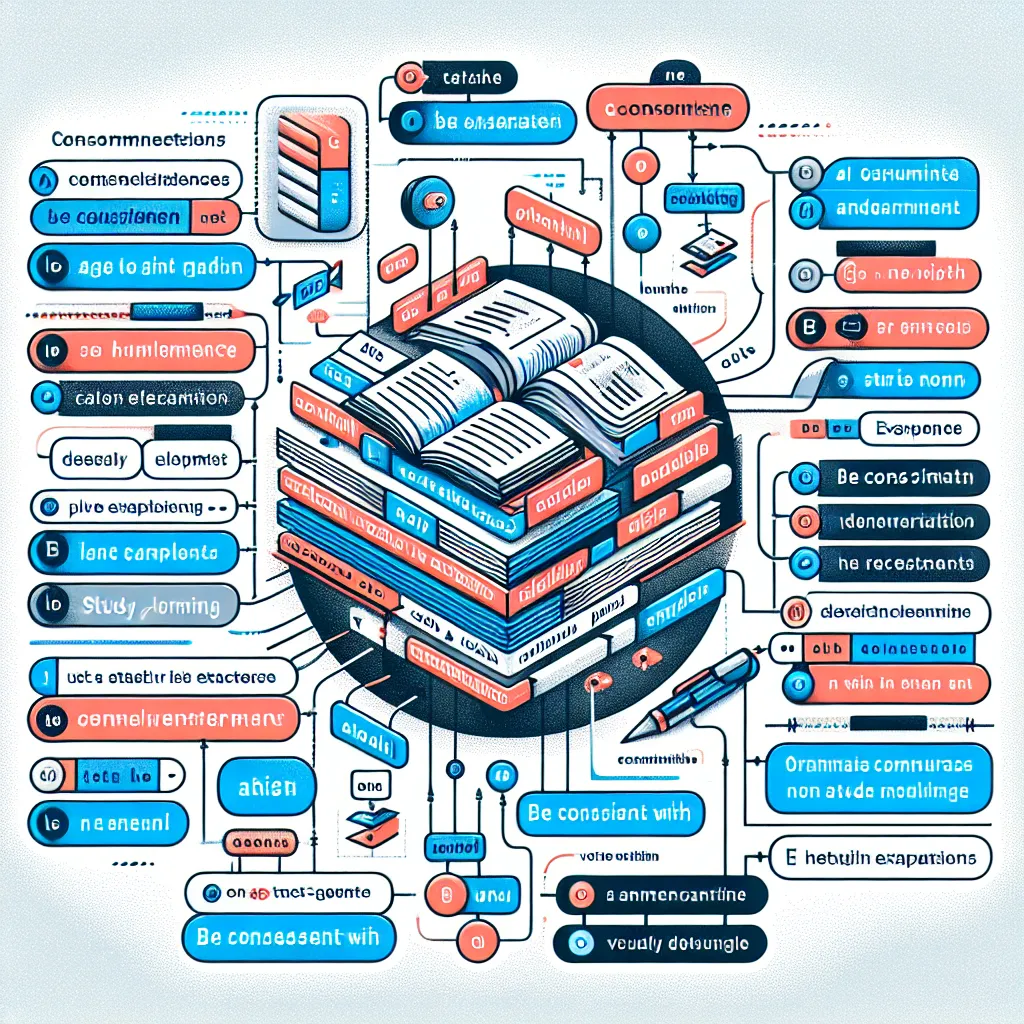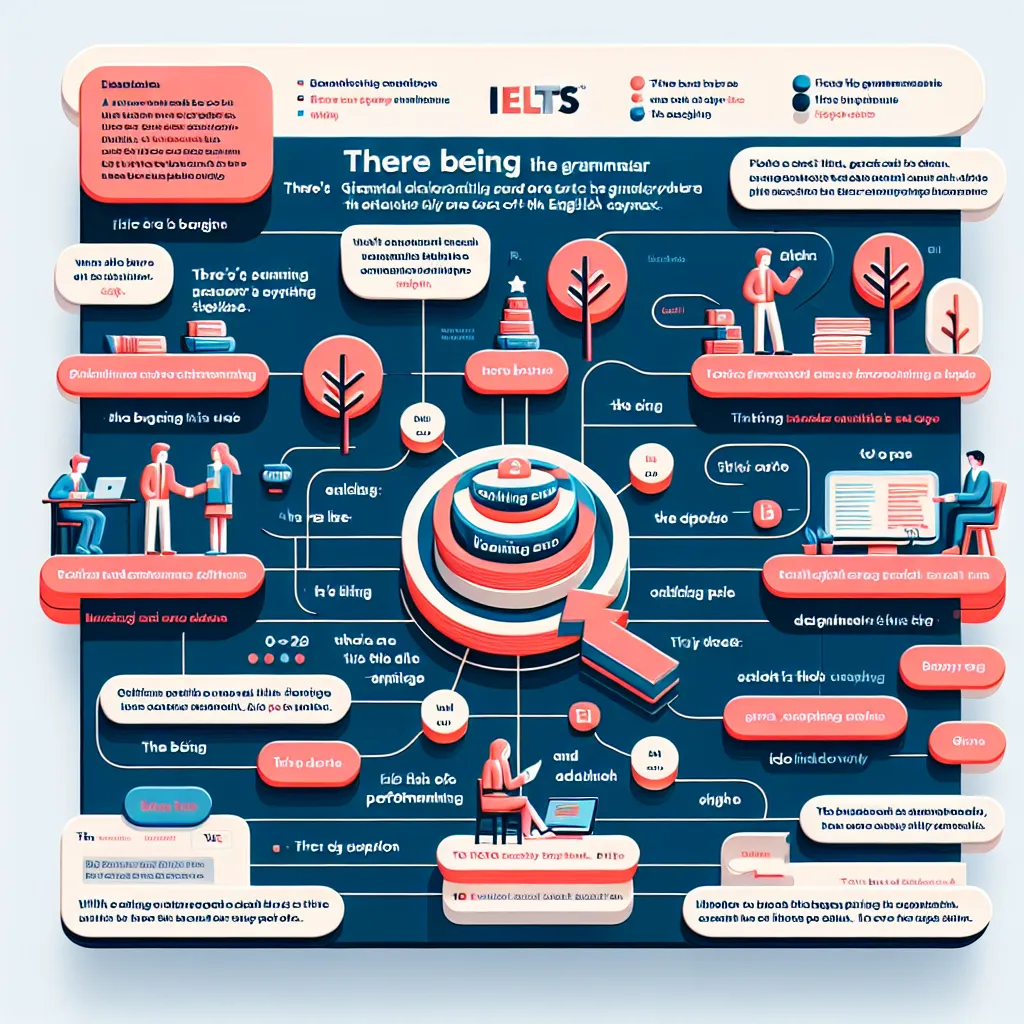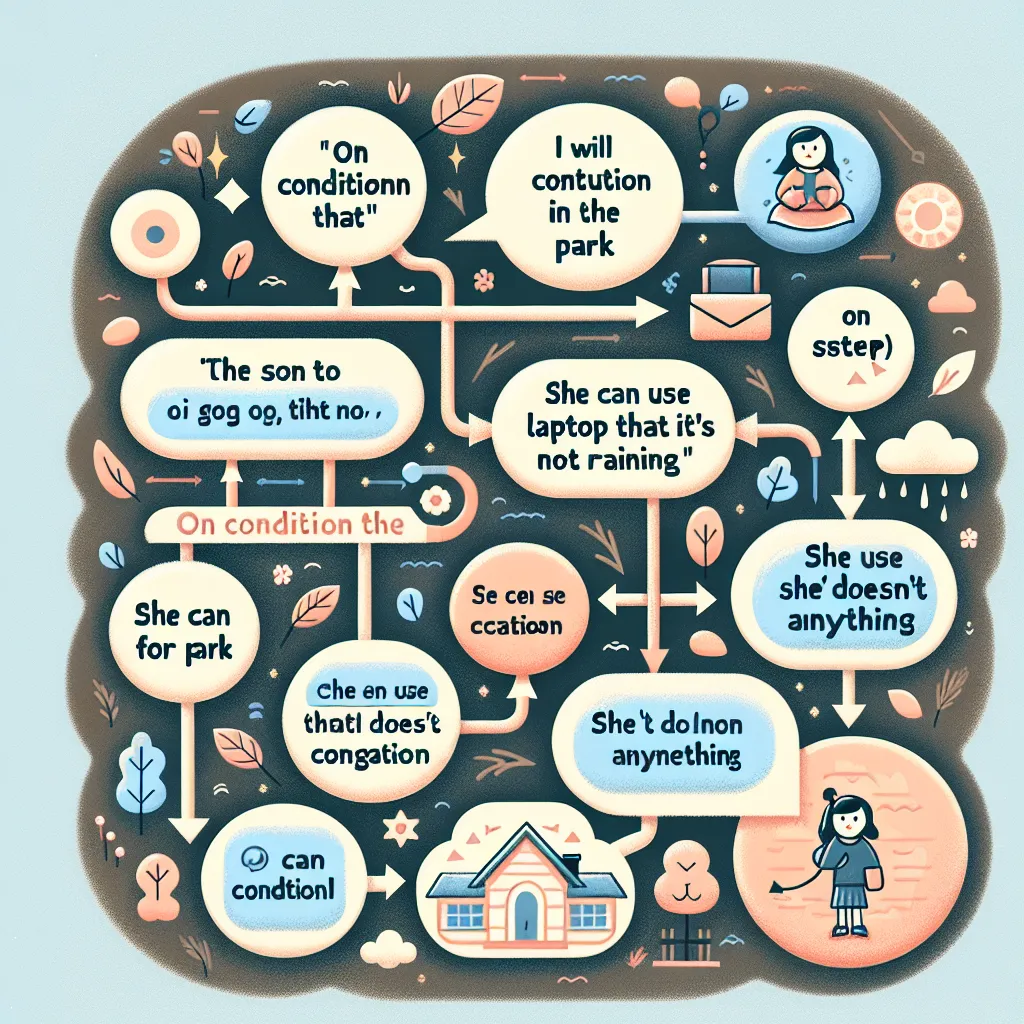The phrase “be consistent with + noun” is a valuable grammatical structure that can enhance your IELTS performance. This expression is commonly used to show alignment or agreement between ideas, actions, or policies. Let’s explore its usage and significance in the IELTS exam.
Nội dung bài viết
Understanding “Be Consistent with + Noun”
The structure “be consistent with + noun” is used to express that something aligns with or follows the same principles as something else. It’s particularly useful in academic and professional contexts, making it highly relevant for IELTS Writing Task 2 and Speaking Part 3.
Formula:
Subject + be (is/are/was/were) + consistent with + noun/noun phrase
Examples:
- The company’s new policy is consistent with industry standards.
- Her actions were consistent with her stated beliefs.
- The research findings are consistent with previous studies in the field.
 Diagram illustrating "Be Consistent with + Noun"
Diagram illustrating "Be Consistent with + Noun"
Usage in IELTS Writing Task 2
In IELTS Writing Task 2, using “be consistent with + noun” can help you express complex ideas clearly and coherently. It’s particularly useful when discussing policies, trends, or comparing different viewpoints.
Example paragraph:
“Many argue that stricter environmental regulations are consistent with long-term economic growth. While some businesses may face short-term costs, policies that protect natural resources are consistent with sustainable development principles. This approach is consistent with the idea that economic prosperity and environmental conservation can coexist harmoniously.”
Applying in IELTS Speaking Part 3
For IELTS Speaking Part 3, where you’re expected to discuss abstract ideas, “be consistent with + noun” can help you articulate your thoughts more precisely.
Examiner: “Do you think traditional values are still relevant in modern society?”
Sample answer:
“I believe that many traditional values are consistent with modern principles of equality and respect. For instance, the traditional value of community support is consistent with current ideas about social responsibility. However, it’s important to ensure that the application of traditional values is consistent with contemporary human rights standards.”
Advanced Usage and Variations
To achieve higher band scores in IELTS, consider these advanced applications:
-
Use with abstract nouns:
“The government’s latest initiative is consistent with the principle of social justice.” -
Combine with other structures:
“Not only is this policy consistent with our goals, but it also promotes innovation.” -
Use in passive voice:
“Practices that are consistent with sustainable development are being increasingly adopted worldwide.” -
Incorporate into complex sentences:
“While the new regulations are consistent with international standards, they present challenges for small businesses that struggle to adapt quickly.” -
Use with gerunds:
“Being consistent with company values is essential for maintaining a strong corporate culture.”
Common Mistakes to Avoid
-
Incorrect preposition:
Incorrect: “The results are consistent to the hypothesis.”
Correct: “The results are consistent with the hypothesis.” -
Misusing singular/plural forms:
Incorrect: “Their behaviors is consistent with the rules.”
Correct: “Their behaviors are consistent with the rules.” -
Overuse:
Avoid using this phrase too frequently in your writing or speaking. Variety in expression is key to achieving higher band scores. -
Incorrect tense:
Incorrect: “The findings being consistent with previous research.”
Correct: “The findings are consistent with previous research.” -
Misplacing adverbs:
Incorrect: “The policy is consistent always with our values.”
Correct: “The policy is always consistent with our values.”
Enhancing Your IELTS Score
To maximize your IELTS score when using “be consistent with + noun”:
-
Use it in conjunction with topic-specific vocabulary:
“The company’s sustainable practices are consistent with the principles of circular economy.” -
Incorporate it into your thesis statement in Writing Task 2:
“This essay will argue that modern educational methods are consistent with the needs of a rapidly evolving job market.” -
Use it to link ideas in Speaking Part 3:
“I think that approach is consistent with what we discussed earlier about the importance of innovation.” -
Apply it in Writing Task 1 to describe trends:
“The fluctuations in oil prices are consistent with global economic patterns over the past decade.” -
Employ it to express contrast:
“While the new policy is consistent with environmental goals, it may not be consistent with short-term economic interests.”
Conclusion
Mastering the use of “be consistent with + noun” can significantly enhance your IELTS performance. It allows you to express complex relationships between ideas concisely and academically. Practice incorporating this structure into your writing and speaking to demonstrate a sophisticated command of English. Remember to use it judiciously and in conjunction with a wide range of vocabulary and grammatical structures to achieve the highest possible scores in your IELTS exam.
For further practice, try using this structure when discussing topics like environmental policies, educational reforms, or technological advancements in relation to societal changes. These themes are common in IELTS and provide ample opportunity to showcase your ability to use “be consistent with + noun” effectively.


